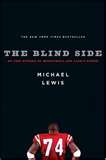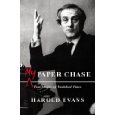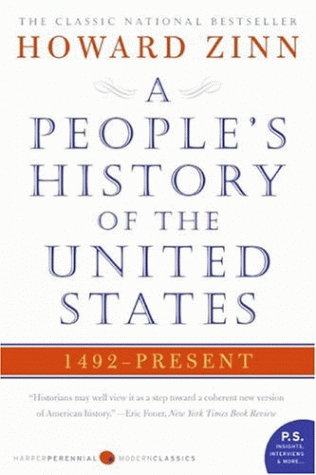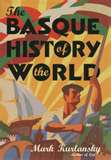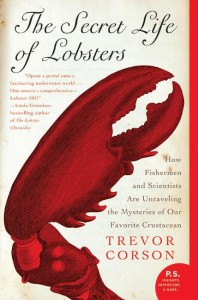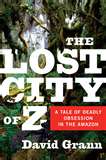
The Lost City of Z: A Tale of Deadly Obsession in the Amazon, by David Grann (2009) (448 pages)
My read of Percy Harrison Fawcett’s adventures in the Amazon followed shortly on the heels of reading two exceptional books about Shackleton’s inspiring journey to the Antarctic. Let’s compare the two men — Fawcett and Shackleton — and their motivations and styles.
Their motivations were similar. They both had that gritty obsessive need to explore, colonize, leave a mark, make a name, and become a permanent artifact of a disappearing World British Empire. Their styles, however, were distinctly different. Shackleton, through risk management, tenacity, and a singular desire to protect his crew, saved about 3o men from an almost impossible situation. Fawcett, with his over-inflated ego and oppressive management style, managed to alienate himself over several decades from most of his supporters in his quest to find the Lost City of Z, and to eventually disappear into the jungle with his 21 year-old son and his son’s friend, never to be seen again.
But that’s the story within the story. Perhaps even more interesting was the willingness of an overweight middle-aged reporter to pick up one day from New York, buy a backpack and hiking boots, and head to the Amazon, to see if he could accomplish what no one else has been able to do for almost one hundred years — determine the fate of Fawcett, his son, and his son’s friend, and find the Lost City of Z.

